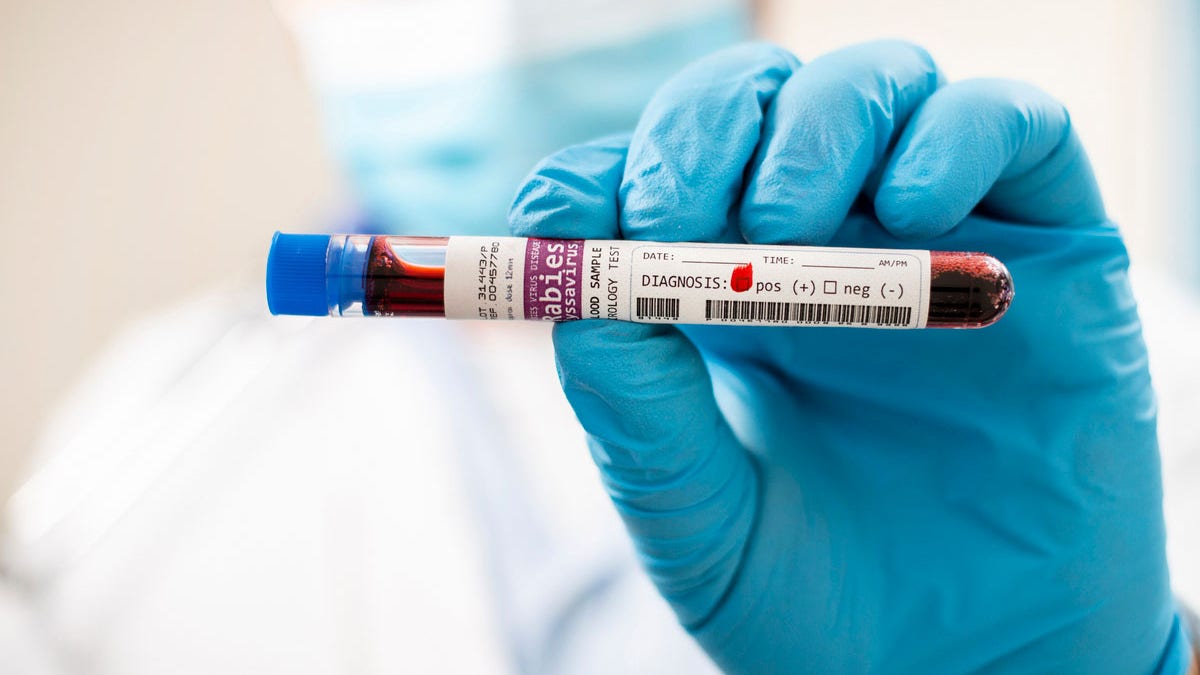An investigation has been launched in Queensland, Australia, following the discovery that hundreds of vials containing dangerous viruses have gone missing from a public health laboratory. The missing vials, numbering 323, held viruses such as Hendra, Lyssavirus, and Hantavirus, and were reported missing in August 2023. The Queensland government has initiated a comprehensive inquiry into this "major historical breach of biosecurity protocols." While the circumstances surrounding the disappearance remain unclear – whether the samples were stolen, destroyed, or otherwise compromised – authorities assure the public that there is currently no evidence of any community risk.

The affected laboratory, responsible for diagnostic services, surveillance, and research on viruses and other pathogens, is now undergoing a thorough review of its procedures. Minister Timothy Nicholls stressed the importance of a comprehensive investigation to determine the cause of the breach and implement preventative measures. This includes staff retraining, audits of material storage, and an examination of current policies and regulatory compliance.

Dr. Sam Scarpino, an expert in AI and life sciences at Northeastern University, characterized the incident as a "critical biosecurity lapse." He emphasized the potential danger of these pathogens, noting their high fatality rates in humans, although they are not easily transmitted between people. He also highlighted the risk to animal and livestock populations. While the risk of a human epidemic is considered low due to the limited person-to-person transmission of these viruses, Scarpino underscored the need to locate the missing samples and ensure there is no ongoing exposure risk. He also criticized the delay in public disclosure, which occurred over a year after the initial discovery.

Queensland’s Chief Health Officer, Dr. John Gerrard, echoed the reassurance that there is no evidence of public risk. He explained that the viruses would likely degrade rapidly outside of a controlled environment, becoming non-infectious. He also noted the absence of recent human cases of Hendra and Lyssavirus in Queensland, and the lack of any confirmed Hantavirus infections in Australia.

Despite the low risk assessment, the incident highlights the need for greater investment and transparency in pathogen biosecurity, according to Scarpino, who pointed to similar lapses in the U.S. The Queensland government is currently conducting a thorough investigation to determine the cause of the breach and prevent future incidents.

Comments(0)
Top Comments